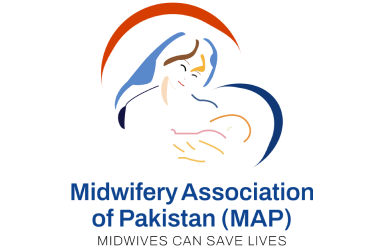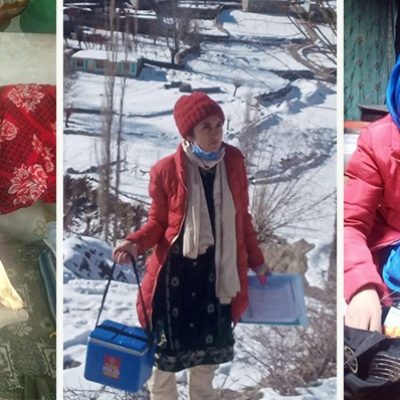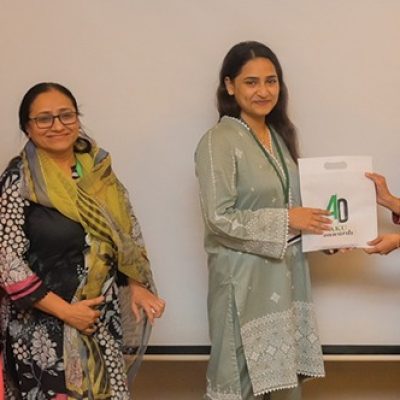Midwives play a crucial role in maternal and newborn healthcare in Pakistan, particularly in rural and semi-urban areas where healthcare resources are scarce and access to obstetricians is a luxury. In the remote and mountainous region of Gilgit-Baltistan (GB), midwives face additional challenges, particularly during the extreme winter months when heavy snowfall and freezing temperatures hinder access to healthcare facilities.
A recent study conducted by Sana Sultan, an MScN scholar at the Aga Khan University School of Nursing and Midwifery (AKU-SONAM), sheds light on the resilience and resourcefulness of midwives working in GB. Under the mentorship of Dr. Rafat Jan, Professor & Associate Dean, Outreach & Policy Unit, AKU-SONAM, and President of the Midwifery Association of Pakistan (MAP), Sana explored the critical barriers these midwives face and the strategies they employ to continue providing essential care.
Midwifery in Crisis: Adapting to Extreme Weather Conditions
The study highlights that midwives in GB operate under dire conditions, often walking long distances through treacherous terrain due to blocked roads. The lack of electricity, heating, clean water, and transport poses significant risks to both mothers and newborns, increasing the likelihood of maternal infections and newborn hypothermia. In the absence of modern facilities, midwives have relied on indigenous practices, such as using Bukhari (traditional stoves) for heating and utilizing Kangaroo Mother Care (KMC) to keep newborns warm.
Dr. Rafat Jan emphasized, “Midwives in Gilgit-Baltistan exhibit exceptional resilience and dedication. Despite the severe conditions, they go above and beyond to ensure the safety of mothers and newborns, adapting traditional knowledge to bridge the gaps left by inadequate healthcare infrastructure.”
A Call to Action
Sana Sultan, reflecting on her research journey, stated, “Initially, I did not realize the full extent of the struggles midwives in GB endure. However, as my research progressed, I discovered the depth of their dedication and resilience. I am grateful to my mentors for allowing me to amplify their voices and advocate for improved healthcare solutions.”
This study serves as a crucial reminder that midwives in extreme climates need enhanced support through infrastructure improvements, reliable electricity, telemedicine services, dedicated emergency transport, and specialized training in managing cold-weather emergencies. As MAP continues to push for greater recognition and support for midwives, this research underscores the importance of prioritizing maternal healthcare, even in the most challenging environments.



